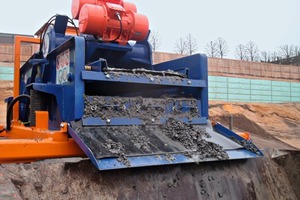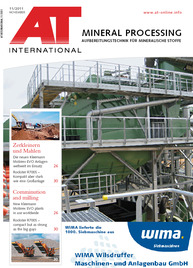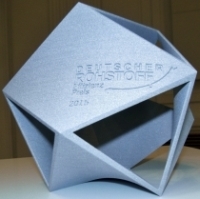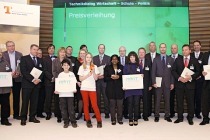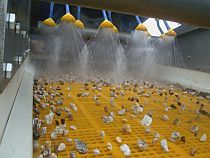Innovation programme for environmental technologies
The high-tech strategy of the German government has challenged the small- and medium-size enterprises (SMEs) in Germany, encouraging them to focus on their own home-grown innovations. SMEs are some of the most innovative companies in Europe. They are supported in their innovative endeavours by the Zentralen Innovationsprogramm Mittelstand (ZIM – Central Innovation Programme for SMEs). To offset any disadvantages of SMEs compared to bigger companies, they can obtain funding for research and development projects in the form of subsidies that do not have to be paid back. With the ZIM projects approved in 2009 and 2010 alone, around 70 000 jobs were safeguarded or created.
The ZIM modules SOLO (assistance for single enterprises) and KOOP (support of co-operative projects with at least one other industrial partner or a scientific institute) enable the often very flexible, but generally undercapitalized innovative enterprises to develop their own innovations. The criteria for ZIM subsidies, which generally amount to over 100 000 € per project in addition to 25 000 € for preparation of the market launch, are SME-friendly: simple application possible at any time, rapid approval procedures and comparatively “uncomplicated” bureaucracy.
With ZIM-SOLO funding from Berlin, ITE GmbH has developed, for instance, a mobile, high-performance separator for processing drilling sludge (Fig.). This environmentally friendly and economic innovation, which is used in well and geothermal drilling and ultimately discharges “almost” clear water into the sewage system, separates the drillings and solids. “Without the funding, realization of the innovation would only have been possible in certain circumstances and would have taken a much longer time,” explained Norbert Schwarzer, authorized officer at ITE. He went on to say that new markets had been opened with the innovation and turnover had increased in this market segment.

